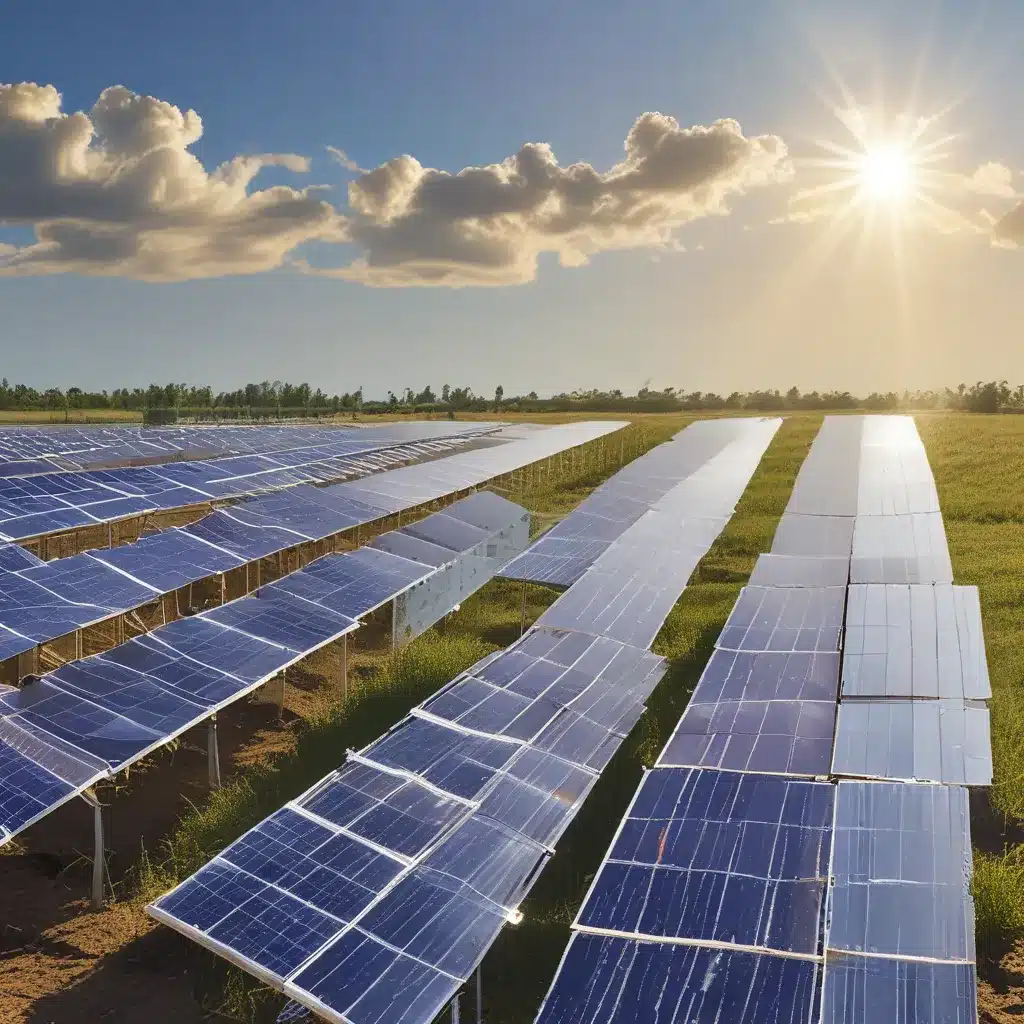
A Beacon of Hope in Challenging Times
These are tumultuous times, my friends. Economic inequality, racial wealth gaps, and the looming climate crisis – they’re the hurdles of our generation, pressing issues that demand our attention. And the COVID-19 pandemic has only served to exacerbate these deep-rooted challenges, amplifying the urgent need for solutions.
But amidst the chaos, a beacon of hope shines through – Community Development Financial Institutions, or CDFIs. These federally-certified, private-sector financial intermediaries have community development as their core mission, and they’re committed to delivering capital to historically excluded communities. As governments and financial institutions strive to meet the Sustainable Development Goals by 2030, CDFIs have emerged as a crucial channel for channeling private and public investment capital to where it’s needed most.
One such CDFI is Reinvestment Fund, a mission-driven institution that’s been partnering with communities across the United States since 1985. Reinvestment Fund uses data and financial tools to ensure that everyone has access to essential opportunities – from affordable housing and nutritious food to quality education and thriving local businesses. And in recent years, they’ve been at the forefront of climate-conscious investments that intersect with community development, including clean energy projects like solar power.
Shining a Light on Solar’s Transformative Potential
The story of PosiGen, a for-profit residential solar developer and energy efficiency provider, is a shining example of how solar energy can be a catalyst for positive change. PosiGen was founded in the aftermath of Hurricane Katrina, when its founder, Tom Neyhart, observed that large segments of New Orleans’ population were being overlooked by traditional solar installers. These were the very communities that could benefit the most from the cost-saving potential of solar power.
PosiGen pioneered an innovative approach, focusing on utility bill payment history and potential energy savings instead of relying solely on credit scores. You see, traditional financing in the US has long been dependent on those pesky credit scores, which are known to have systemic issues that often disadvantage people of color. PosiGen’s out-of-the-box thinking allowed them to reimagine solar as no longer a luxury reserved for the wealthy, but a viable solution for low- and moderate-income households.
And the results speak for themselves. To date, PosiGen has installed over 17,000 solar systems, with over 70% of their customers being from low-to-moderate income households. Even more impressively, they’ve ensured that 100% of their customers save money on their utility bills, alleviating the financial strain that energy costs can place on these communities.
But PosiGen’s impact goes beyond just clean energy and cost savings. They’re also committed to creating employment opportunities for the very neighborhoods they serve, hiring locally and providing family-sustaining wages with health and retirement benefits. Over 70% of their employees are women or people of color, and success stories like that of Susan Young, a single mother who started as an entry-level sales representative and is now PosiGen’s community marketing manager for Connecticut, are a testament to their mission-driven approach.
Investing in a Sustainable Future
The solar energy industry in the United States is at a pivotal moment, and President Biden’s proposed investments in the Bipartisan Infrastructure Deal and Build Back Better Agenda could not have come at a more crucial time. These critical investments will unlock the full potential of solar, creating good-paying union jobs, making solar energy affordable for all American families, and accelerating the deployment of net-zero energy across the country.
The Department of Energy’s recent issue brief underscores the immense growth opportunities that exist within the solar industry. The United States pioneered the manufacturing and scale-up of solar photovoltaic (PV) technologies, and our nation’s research and development has helped drive down costs, increase efficiency, and improve the reliability of these technologies. But in recent years, the global solar market has become highly competitive, and the time has come for the US to reclaim its position as a leader in this critical industry.
By investing in solar materials, demonstration projects, critical material supply chains, and the building or retooling of manufacturing facilities, we can create thousands of good-paying union jobs right here at home. And by making solar more accessible and affordable for all communities, we can not only lower monthly utility bills for working families, but also position the United States as a global leader in clean energy innovation.
A Brighter Future is Within Reach
When I think about the challenges facing our world, I can’t help but feel a sense of both urgency and optimism. The problems are daunting, to be sure, but the solutions are within our grasp – if we have the courage to seize them.
And when it comes to solar energy, the path forward is clear. By investing in mission-driven institutions like Reinvestment Fund and innovative solar companies like PosiGen, we can create a future where clean energy is accessible to all, where economic and social disparities are reduced, and where the risks and costs of climate change are borne equally by all.
It’s a future that’s worth fighting for, my friends. A future where our children and grandchildren can thrive, where our communities are resilient and prosperous, and where the light of hope shines brighter than ever before. So let’s roll up our sleeves, dig in, and make it happen – because the time to invest in a brighter future is now.


